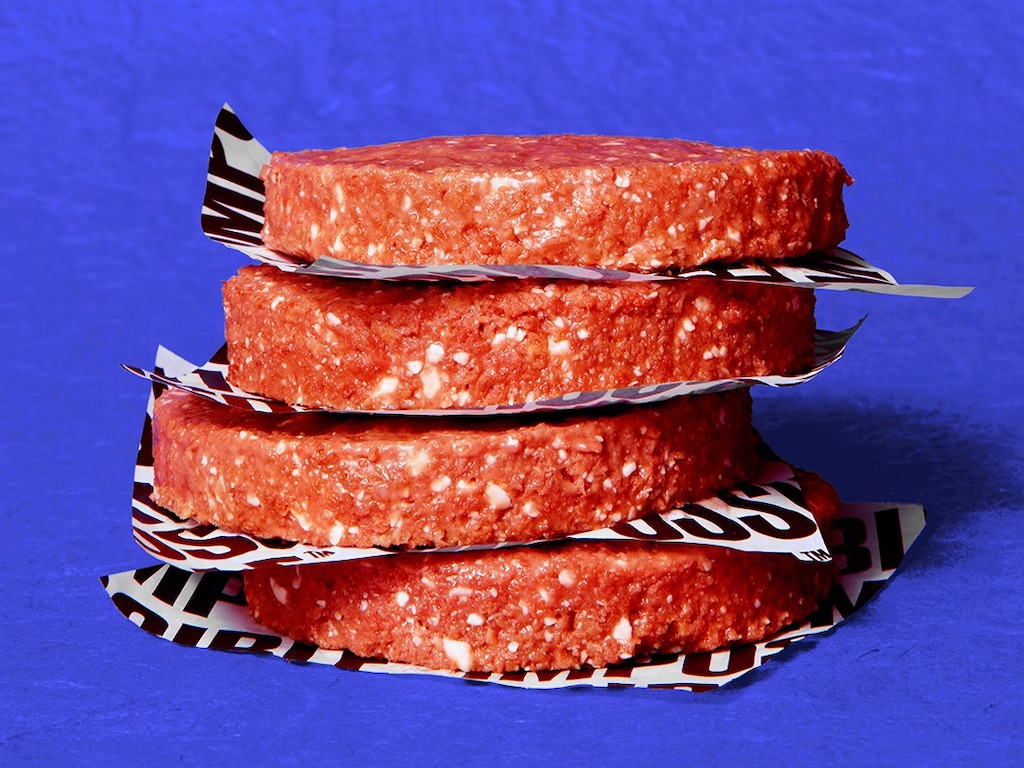Regulatory Approval For Alt-Protein, Report: The EU Faces ‘A Barrier,’ The US Is ‘Winning’
4 Mins Read
A new report neatly summarizes the state of regulatory approvals for alternative protein products around the world in just a few pages.
Spain’s Amgen, which provides regulatory advice and consulting to companies working in the alternative protein space, recently unveiled a new report that tracks the status of alt-protein regulatory approvals in various parts of the world. The report looks at the number of applications for approval currently in each country, the types of proteins in development, and the average time approval takes, among other things.
Getting regulatory approval to sell products is a critical step for alternative protein companies. As anyone following the space knows, those approvals will vary based on each country or region’s regulations around ingredients, procedures, and other factors. One of the more well-known examples of this is Impossible’s “bleeding” burger, which has yet to get approved for sale in the EU despite its popularity elsewhere in the world. In the world of cultivated meat, only Singapore has approved a company to sell meat grown from animal cells inside a lab. Insects for human consumption are another area of the alt-protein sector that varies widely from one part of the world to the next.
As a business, Amgen’s works with companies from the European Union (EU), Singapore, the United Kingdom (UK), and the United States (US). As such, its report focuses specifically on these countries and regions.

Plants still rule the alt-protein landscape
In the EU and the US, the majority of applications are for plant-based proteins such as peas, beets, lentils, and beans, among others, according to the report.. In the EU, 41% of the 23 novel food applications are for plant protein; in the US it’s 50% of 25 applications.
The UK, which currently follows EU food law, has just three applications total, all of them for plant protein.
The Singapore Food Agency (SFA) does not have a publicly available list of novel food applications. However, the city-state is home to many alternative protein companies. As noted above, it is also currently the only place in the world to have approved the sale of cultivated meat thanks to its approval of Eat Just’s GOOD Meat.
In the US, at least, fermentation is on the rise. A total of 22% of applications are for fermentation and 36% for precision fermentation. This is in line with the Good Food Institute’s recent prediction that the category will be one to watch in the coming year.
Across the Atlantic, bugs are more popular — 36% of applications submitted to the EU are for insect protein.

The EU is ‘lagging’
One of the biggest differences between regions noted in the report is the amount of time it takes between submitting an application and getting approval for a product.
On average, the US and Singapore have the shortest timeframes, 9-12 months and 10 months, respectively. The process in the UK takes “approximately one year.”
The report notes that the EU is “lagging behind” in terms of both the number of approvals for novel proteins and the time it takes to grant those approvals. The EU currently has four approvals, compared to 18 in the US, and the average for approval is 1.5 to 3 years.
The lag is largely due to “stringent evaluation process and safety data requirements.” In other words, it’s just harder to get novel ingredients approved in the EU, which has a complex regulatory process and is not a GMO-friendly part of the world.
The report suggests that “the regulatory framework in the EU is a barrier to alternative proteins reaching the market,” though it also points out that getting approval in the EU gives companies access to 27 different markets. The US is deemed “clearly the winner” when it comes to the number of approvals and timelines.
It’s worth noting that every region in the world now save perhaps Antarctica has at least a handful of companies developing alternative proteins via plants, fermentation, cellular agriculture, and even air. Keep a close eye on alt meat from Africa, AI-based alt-protein from Latin America, and many new developments coming from China, Israel, and others.
Lead image courtesy of Eat Just/GOOD Meat.



